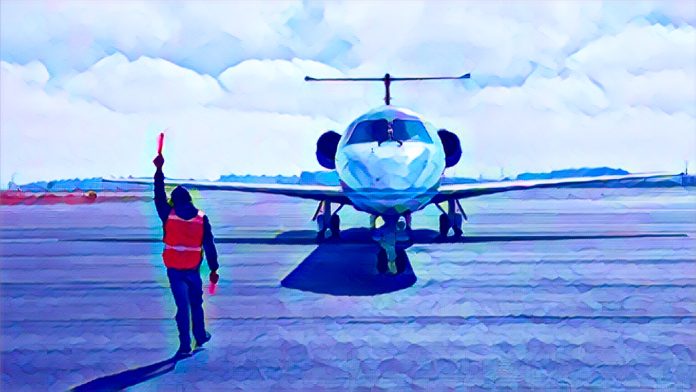KEY POINTS
- At an approximated estimate of ₦150 billion, (an estimate made by the local airlines) and with inflation, the figure is likely to peg in 2024, almost 20% below the recorded figure in 2022.
- The revenue of tourism industry – aimed at ₦1.2 trillion in 2022, is however anticipated to be significantly reduced.
- Overall industry revenues are expected to drop by 25% during the year as operating margins continue to shrink and passenger volumes plummet.
If, as it is today, Nigeria is facing a crippling cost of living, the airline business which is a capital intensive one is at the crossroads. Inflation that currently stands at an average of 24.1% changes the dynamics for airlines and travelers through a domino effect that threatens the sustainability of domestic flight business.
Effects of inflation on Nigerian airline industry
The airline industry has always been an important sub-sector of the Nigeria economy since it has been providing a means of fostering trade, tourism and communication. But any recent decline in the economy has been very costly to the sector. Aviation fuel, an essential expenses of all airlines companies, has become very expensive. Business Day revealed that in the earliest days in 2024, the prices for the fuel have risen to N1,300 per litre – a hike which is detrimental to the operation of many airlines and their bottom lines.
This increase in operational cost has in one way the other been transferred to consumers. Tickets have further skyrocketed with one way, Lagos-Abuja for instance rising from 65,000 in 2022 to 190,600 in 2023. This the highest increase in prices known to have taken place within the same period implies that air travel has become something beyond the reach of the average Nigerian citizen since it has rocketed by 192.31%. This has led to many Nigerians either resorting to using other means of transport or not traveling at all which is unideal for the airline business after the pandemic.
The broader economic instability in Nigeria has compounded these challenges. The volatile exchange rates and high inflation have made long-term planning nearly impossible for airlines. As further seen in the decline in tourism revenue, (which has historically been a significant contributor to the economy), the Nigerian Tourism Development Corporation has raised concerns that fewer international flights will deter foreign visitors and investors, consequently exacerbating the financial woes of local businesses reliant on tourism, and hence, further limiting the industry’s growth prospects.
Nigeria’s airline industry is undoubtedly facing an uphill battle. This has led to the instabilities as the forecast relating to foreign exchange fluctuation and inflation has rendered long term planning in the airline industry a mere herculean task. Other challenges, which have been evident in the sliding tourism revenue (which has hitherto contributed hugely to the economy), the Nigerian Tourism Development Corporation has opined this diminishes international flights impacts foreign visitors and investors; worsening the fiscal plights of tourism-reliant businesses, and curtailing the industry’s growth potential.
A glimmer of hope?
Given the severity of the situation, and for Nigeria’s airline industry to survive, it must embrace both immediate and long-term solutions which include:
- Subsidy on aviation fuel or introduction of price cushion mechanism and policy change facilitating reduction in cost of acquiring aircraft parts.
- Invest more on the cost cutting methods like buying efficient planes, or efficiently explore the flight routes that can reduce cost in the longer run.
- Encourage the regularly flying airline companies within a region to share codes, and cooperate in such areas as operation routes, and costs among others.
- Enjoin airlines to provide additional services like logistics transport and other special flight hire services.
It can be unequivocally aforementioned that Nigeria’s airline industry is struggling. It was bad enough that the cost of fuel on the global market continuously increases; add to the fact that the economy in different countries is instable; and the cost of airline tickets is by far becoming expensive. However, this situation can be overcome with the help of proper planning, and government aids to the industry ensuring its future success.



